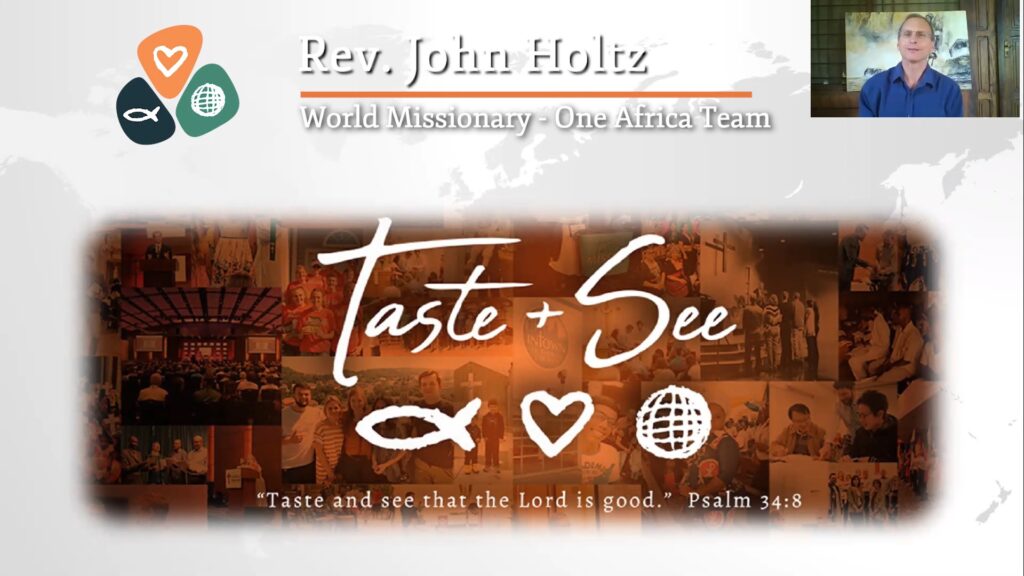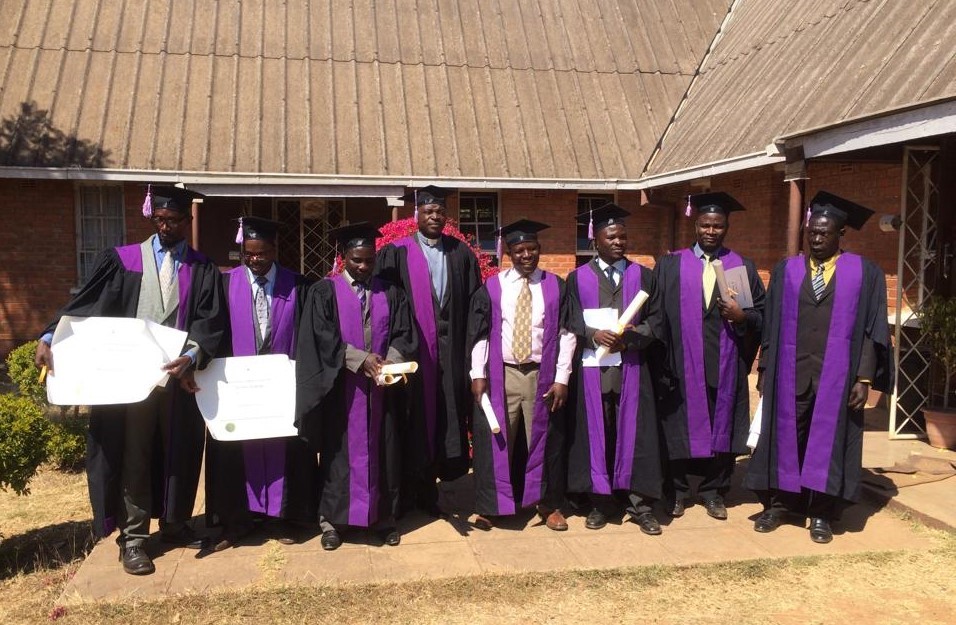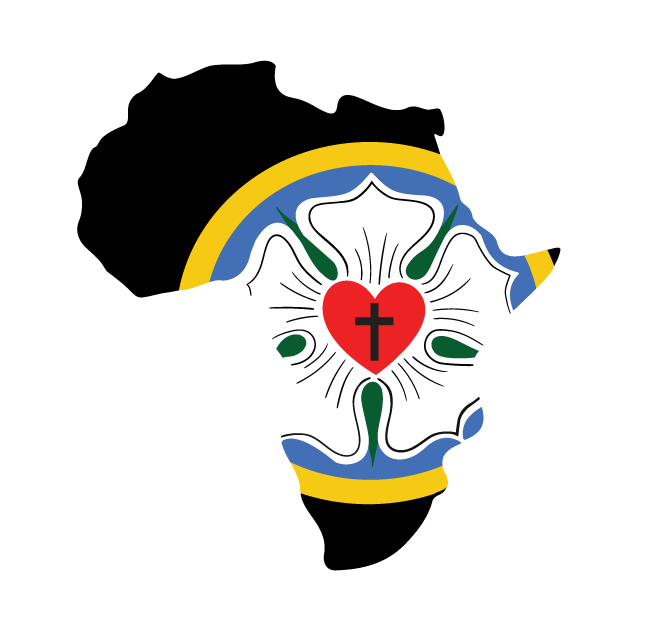God be with You Till We Meet Again
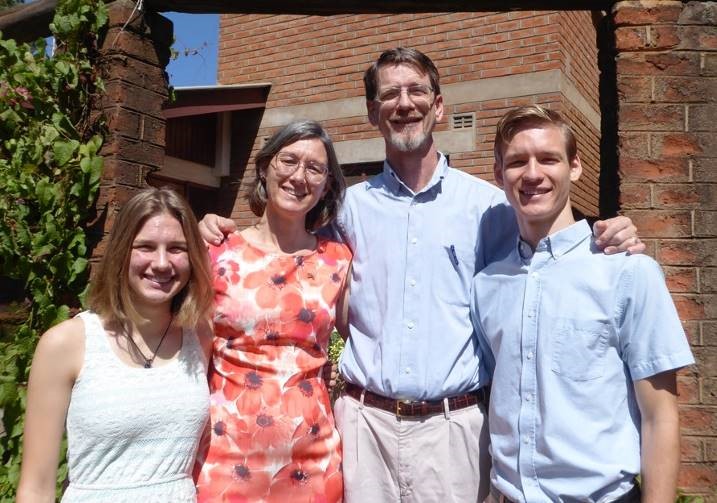
God’s Call brought the Nitz family to Malawi and now His Call is taking them out.
26 years 8 months later.
5 kids later.
4 in-country moves later.
12 furloughs later.
It was in November of 1993 that Paul and Susan (and first-born Henry) arrived in Malawi. Over the stretch of years, they have seen a lot of changes and blessings in the country, in the ministry and in their own family.
Speaking of family, just half the Nitz family were still residing in Malawi in 2020: Paul, Susan, Joel (19) and Frances (16). The other four children have been residing in the States already. One by one they moved to the USA as the Lord called each to pursue his or her own schooling and vocation.
But now…a family reunited!
Oops! Not quite yet! (Not at the time of this writing). The Nitz’s are still in Malawi with cancelled airline tickets and no confirmed date to fly.
I guess that is what Covid-19 can do. It can wreak havoc with more than bodies – even entire countries! (I know, I am preaching to the choir – you all are facing the challenge of the Corona pandemic).
Even though the Malawi airports have been shut down to the general passenger flights, the country itself has not been on official government lockdown. The commercial planes have stopped flying, but the people have still been able to move about.
This has given the Nitz’s opportunity to say goodbye to various groups. They have already attended four “official” farewells from various groups and are taking advantage of the extra time to say personal goodbyes with special friends.
As we listen to the news for any word about Malawi flights resuming, we keep reminding each other, God’s timing is always best!
As Frances, Joel, Susan and Paul look back over the time spent in Malawi, and anticipating the move to America, they have shared some of their thoughts with us.
Frances looks back on her schooling experience in Malawi:
“My schooling here in Malawi has been very privileged, I have had to chance to do multiple service activities with orphanages, local schools, local companies, and many organizations. That has been something that I have enjoyed.”
Frances, you were born in Malawi, been living here for 16 years. Is there something – a keepsake or a souvenir that you plan to take to the States with you?
“I guess I would love to take a bracelet that is threaded with the words MALAWI. It is small and meaningful since it not only reminds me of Lake Malawi (from where I got it) but it’s just a little reminder of home.”
Ah, yes, home.
For sons and daughters of missionaries, especially long-term ones, the concept of home often becomes a challenge.
The parents have left their home to serve on the mission field, but the kids have grown up on the mission field. When it comes time to leave the mission field, the parents are technically going to their home country, but the kids are technically leaving their home country.
“Where’s home?” becomes a difficult question. Such a blessing that we have God’s promise to watch over our “coming and going both now and forevermore!” (see Psalm 121).
What about you, Joel? What “memory” will you take back with you from Malawi?
“There is a pottery sculpture of a poor man sitting down. I received it from an Ethiopian friend, and I feel it will serve as a reminder of the poverty I have grown up around and remind me of my hope which is to live a frugal and simple life to emphasize the importance of my Heavenly treasure over my worldly possessions.”
Even though we don’t have the sculpture, Joel, we can all use that same reminder. Thank you!
Susan shares a favorite memory too.
“I remember after moving to Mzuzu in 1994 I was invited to join the women’s weekly devotion and choir practice at St. Michael’s church. The women were very friendly and let me try to sing with them. One day a large group of women walked several miles to my house and brought me a tray of 30 eggs. This really was a generous thing for them to do and showed love towards me. After that, some women visited me, and we shared cooking lessons. I taught them to bake and make pancakes, and they taught me how to cook nsima and greens.”
Hmm, I wonder if nsima and greens will be on the Nitz family table in the States?
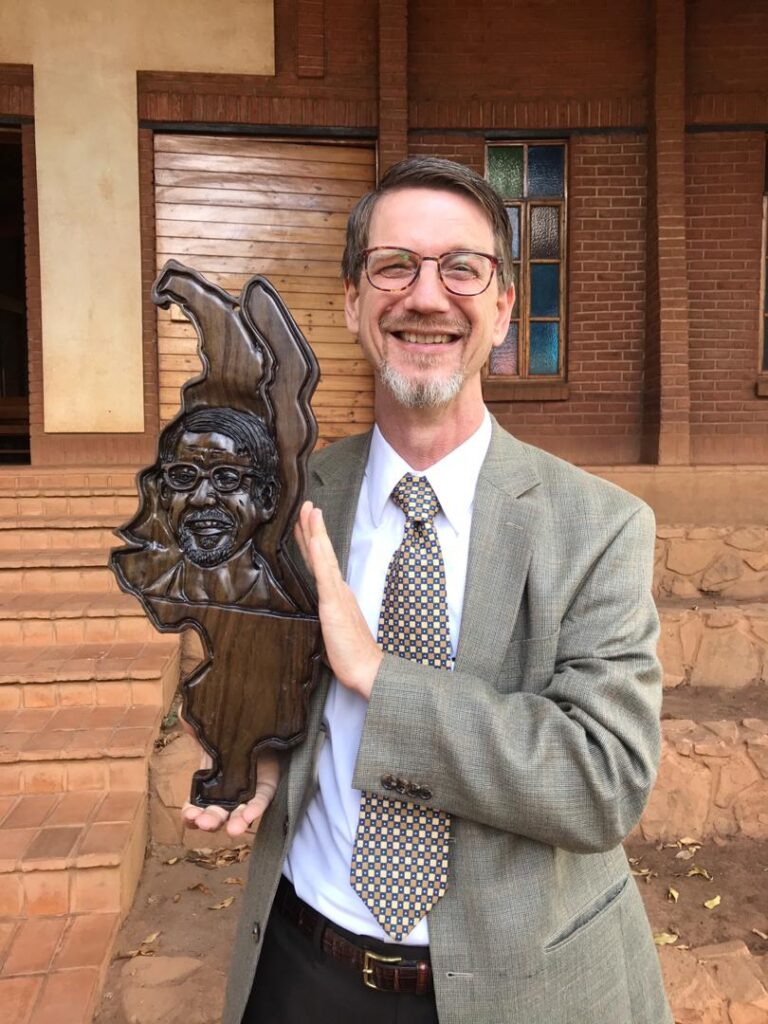
Though Paul will be leaving the mission field as the One Africa Team Leader, he is now serving the Lord in his new Call as a Mission Counselor in the WELS Board for World Missions.
He will be working out of the WELS Center for Mission and Ministry (CMM) in Waukesha, WI. He shares his heart with us in prayer as he ponders leaving the Warm Heart of Africa and living in USA:
“Dear Lord, thank you for the opportunity to serve your people here in Malawi for so many years. You have protected us from harm and kept us strong spiritually. We rejoice that so many Malawians love you as their Savior. It is a joy to know that through the salvation won by your Son, Jesus, they will join with all believers on the last day and live forever in Your kingdom. Help us as we move to the United States. While we are very sad thinking of the friends and work and home that we are leaving behind, help us to focus on new ways to serve others in our new home. Continue to bless the work of the church in Malawi, in the United States, and wherever the Gospel is preached around the world.”
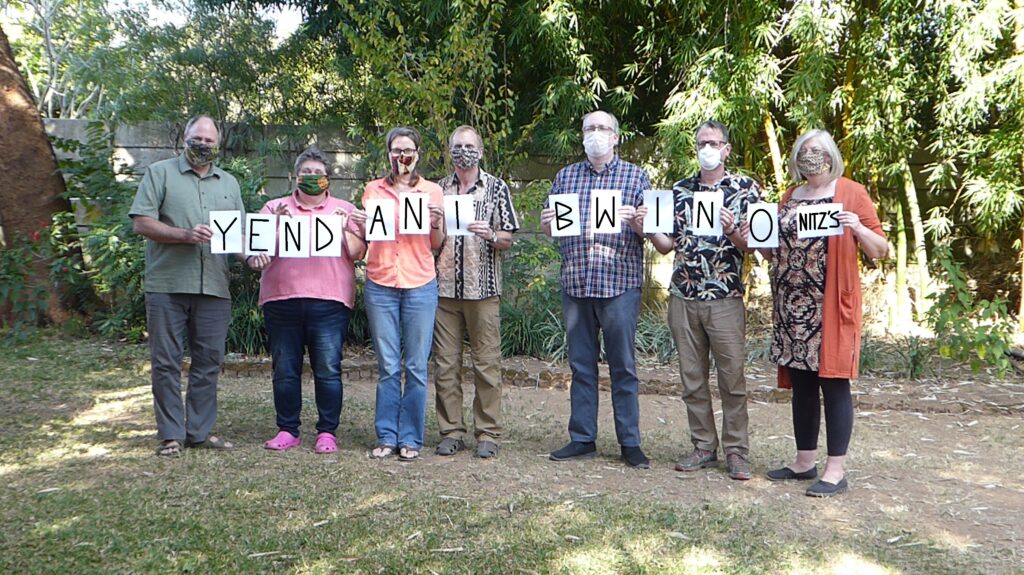
Thanking God for each one of you, Nitz family! Your whole family has been a blessing on the mission field. We know that you will all be warmly welcomed there – but please know that you will be greatly missed here.
God be with you till we meet again!
Missionary John Holtz lives in Malawi. You can watch his presentation to the WELS online missions convention at https://welstasteandsee.com/kalulu-wakupyolera-mtunda-utari-even-a-hare-gets-heavy-on-a-long-journey-carrying-each-others-burdens-in-africa-john-holtz/
